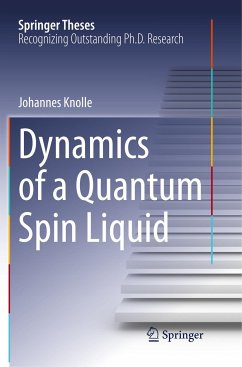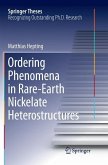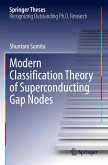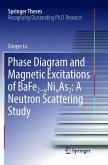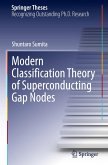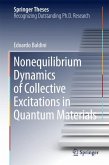This thesis presents an exact theoretical study of dynamical correlation functions in different phases of a two-dimensional quantum spin liquid. By calculating the dynamical spin structure factor and the Raman scattering cross section, this thesis shows that there are salient signatures-qualitative and quantitative-of the Majorana fermions and the gauge fluxes emerging as effective degrees of freedom in the exactly solvable Kitaev honeycomb lattice model. The model is a representative of a class of spin liquids with Majorana fermions coupled to Z2 gauge fields. The qualitative features of the response functions should therefore be characteristic for this broad class of topological states.
Bitte wählen Sie Ihr Anliegen aus.
Rechnungen
Retourenschein anfordern
Bestellstatus
Storno

